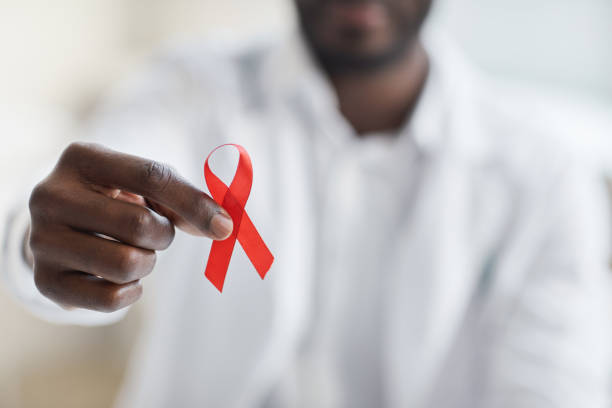
Human Immunodeficiency Virus, also known as HIV is a virus that weakens your immune system that helps fight off illnesses and infections. HIV targets CD4 T-cells. These are white blood cells, which serve as the primary immune system. The body isn't able to protect itself against infection without the cells. Small illnesses can be fatal. HIV is a pandemic that affects the entire world as per the World Health Organization, approximately 38 million people live with this virus across the world. To stop the spread of this disease it is essential to be aware.
The way the virus spreads
HIV can be transmitted through sexual contact that is not protected. The virus can also be passed through the blood via passing needles to baby during pregnancy, childbirth, or during breastfeeding, and also when exposed to sharp razor blades, broken glass, or other sharp objects. It is not spread through unintentional contact such as touching hands, hugging, and sharing meals or drinks.
HIV Symptoms
The early symptoms of HIV can be mild flu-like symptoms. It is characterized by body pains, fevers, sore throats and swelling of the glands. HIV can be symptomatic following the initial stage. This may take anywhere from between a couple of months and several weeks. When you reach the final stages of HIV an immune system is severely weakened and an individual may develop various opportunistic infections and cancers. It can also lead to neurological disorders. Once you would like to learn more information about HIV, you've to browse https://aids2010.org/ site.
HIV Testing and Treatment
Testing for HIV requires an undiluted blood sample or mouth swab. Antibody tests are the most commonly used kind of HIV test. However, there's also a more recent test called the nucleic acid test that can identify HIV in blood prior to taking an antibody test. The test usually takes place a few weeks after exposure to HIV. While there is no cure for HIV but antiretroviral treatment (ART) will effectively eliminate the virus, allowing someone with HIV to lead a normal life. The antiretroviral therapy (ART) is a combination of medicines that address different aspects of the cycle of HIV. Treatment with ART can stop the development of HIV and reduce the amount in HIV viral load in blood and stop it from regenerating.
Stigma and Discrimination
HIV is still viewed as a stigma and a target of discrimination regardless of the fact that it's a pandemic worldwide. People who are HIV positive may experience rejection, loneliness, or even violence. The people with HIV are frequently discriminated against at work, in schools health care, and in other professions. A fear of discrimination could prevent some people from seeking treatment for their illness or having a test. The stigma can impact their mental wellbeing. HIV stigma often stems from unfounded fear and misconceptions regarding how HIV propagates. To overcome stigma, it requires a collective effort from the government, individuals and communities to inform and advocate for individuals who suffer from HIV.
Conclusions
HIV is an extremely complex disease that has affected millions of people throughout the globe. HIV tests and timely treatment is essential to stop the spreading of the virus as well as improving the outcomes for people suffering from HIV. Early indicators of HIV could reduce stigma associated with the disease. The only way to stop the HIV pandemic is by taking collective action, including advocacy, education, and offering access to health and prevention assistance. Patients with HIV can lead happy and healthy lives when they are provided with the appropriate support.
